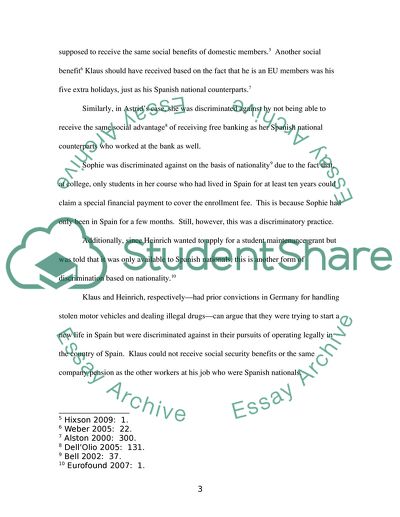Cite this document
(European Union Immigration and Import Law Case Study - 1, n.d.)
European Union Immigration and Import Law Case Study - 1. Retrieved from https://studentshare.org/law/1725258-law
European Union Immigration and Import Law Case Study - 1. Retrieved from https://studentshare.org/law/1725258-law
(European Union Immigration and Import Law Case Study - 1)
European Union Immigration and Import Law Case Study - 1. https://studentshare.org/law/1725258-law.
European Union Immigration and Import Law Case Study - 1. https://studentshare.org/law/1725258-law.
“European Union Immigration and Import Law Case Study - 1”, n.d. https://studentshare.org/law/1725258-law.


